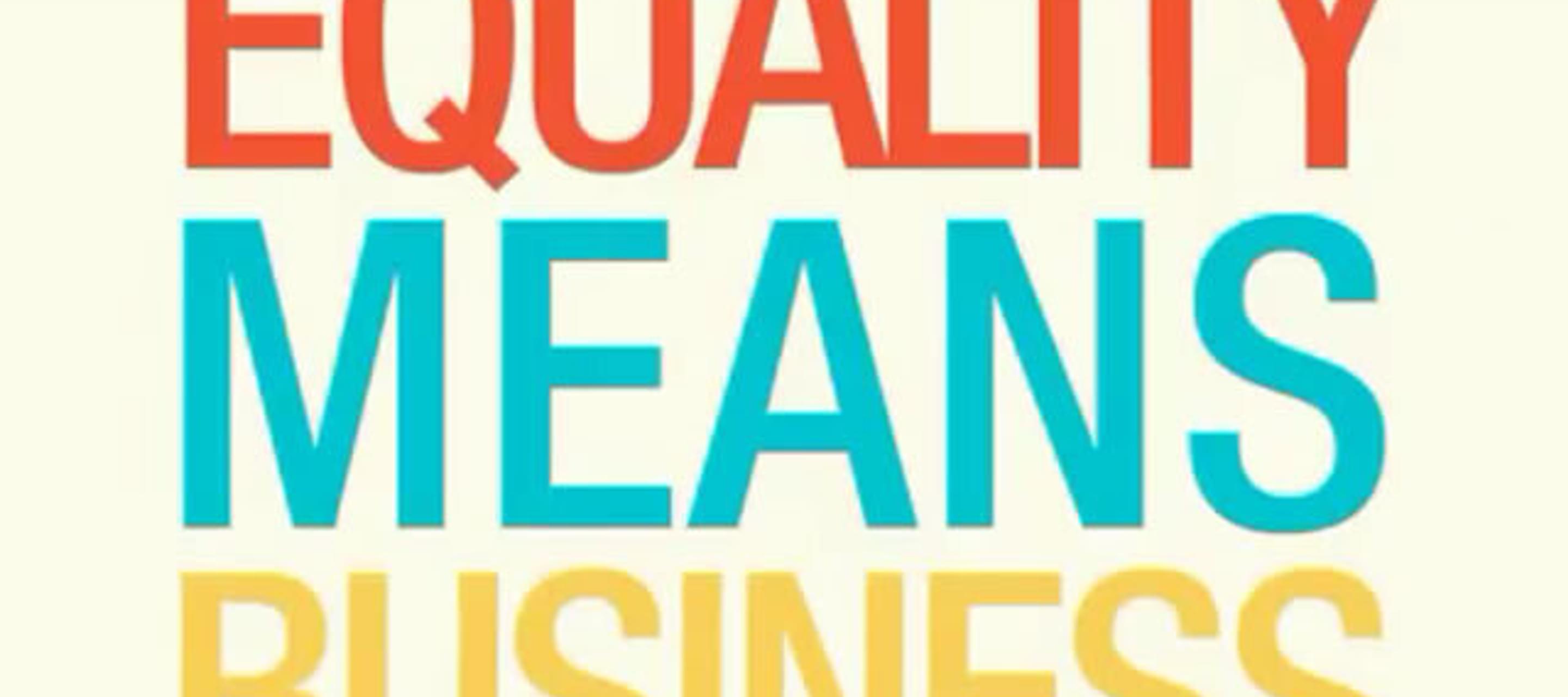Putting Gender Equality on the Business and Human Rights Agenda
10 March 2010

This week the United Nations is launching a set of Women’s Empowerment Principles as part of events to mark International Women’s Day 2010. The principles – an initiative of the UN Global Compact (UNGC) and the UN Development Fund for Women (UNIFEM) – are a code of conduct for companies on gender equality.
They are based in part on the Calvert Women’s Principles, originally launched in 2004 by the US investment firm and described as "the first global code of corporate conduct focused exclusively on empowering, advancing, and investing in women worldwide".
The principles highlight the ongoing need for companies to examine their operations and performance from a gender perspective – an issue too often missed in corporate responsibility circles today. The principles are rooted in human rights and recognise the fundamental importance of equality and non-discrimination within the international human rights framework. They call on all businesses to:
- Establish high‐level corporate leadership for gender equality.
- Treat all women and men fairly at work – respect and support human rights and non-discrimination.
- Ensure the health, safety and well‐being of all women and men workers.
- Promote education, training and professional development for women.
- Implement enterprise development, supply chain and marketing practices that empower women.
- Promote equality through community initiatives and advocacy.
- Measure and publicly report on progress to achieve gender equality.
The principles are a powerful reminder of the gender inequities that remain to be overcome. The challenge ahead is to turn these general principles into concrete actions and that means fully incorporating a gender perspective into the developing business and human rights agenda.
Fortunately, there are signs which suggest this is beginning to happen.
For example, In 2009 Rio Tinto launched a publication entitled Why Gender Matters which is a practical guide aimed at integrating gender considerations into the company’s work with local communities. Here the company makes a direct connection between paying greater attention to gender issues and upholding their human rights commitments.
The two clearly go hand in hand.
Similarly, a recent report by Oxfam Australia calls for connections to be made between business, human rights and gender, focusing in particular on what the mining sector can do to fully incorporate a gender perspective into operations around the world.
The Global Reporting Initiative has also made an important contribution to this cause by publishing a guidance document aimed at companies for reporting on gender which strongly draws on business and human rights resources. All of these initiatives provide useful recommendations and guidance to build on.
The 2008 mandate of the UN Special Representative on Business and Human Rights, Professor John Ruggie, calls on the Special Representative to integrate a gender perspective into his work.
The UNGC/UNIFEM launch of the Women’s Empowerment Principles is a welcome step in ensuring that gender considerations sit squarely within the broader business and human rights framework in the years ahead. The nascent concept of human rights due diligence - which calls on companies to have a human rights policy, to make assessments of company impacts, to integrate human rights into business processes and to track and report performance on human rights – should include strong gender analysis and application to ensure that companies effectively consider and respond to their impacts upon women and men.
Now is an ideal time for gender experts and women’s organisations to engage in dialogue and action to help ensure that gender is fully integrated into any human rights due diligence requirements made of companies as part of their responsibility to respect human rights.
Gender is not an add-on to this debate; it is of fundamental importance and needs to be a strong component of any accountability framework for business and human rights.




